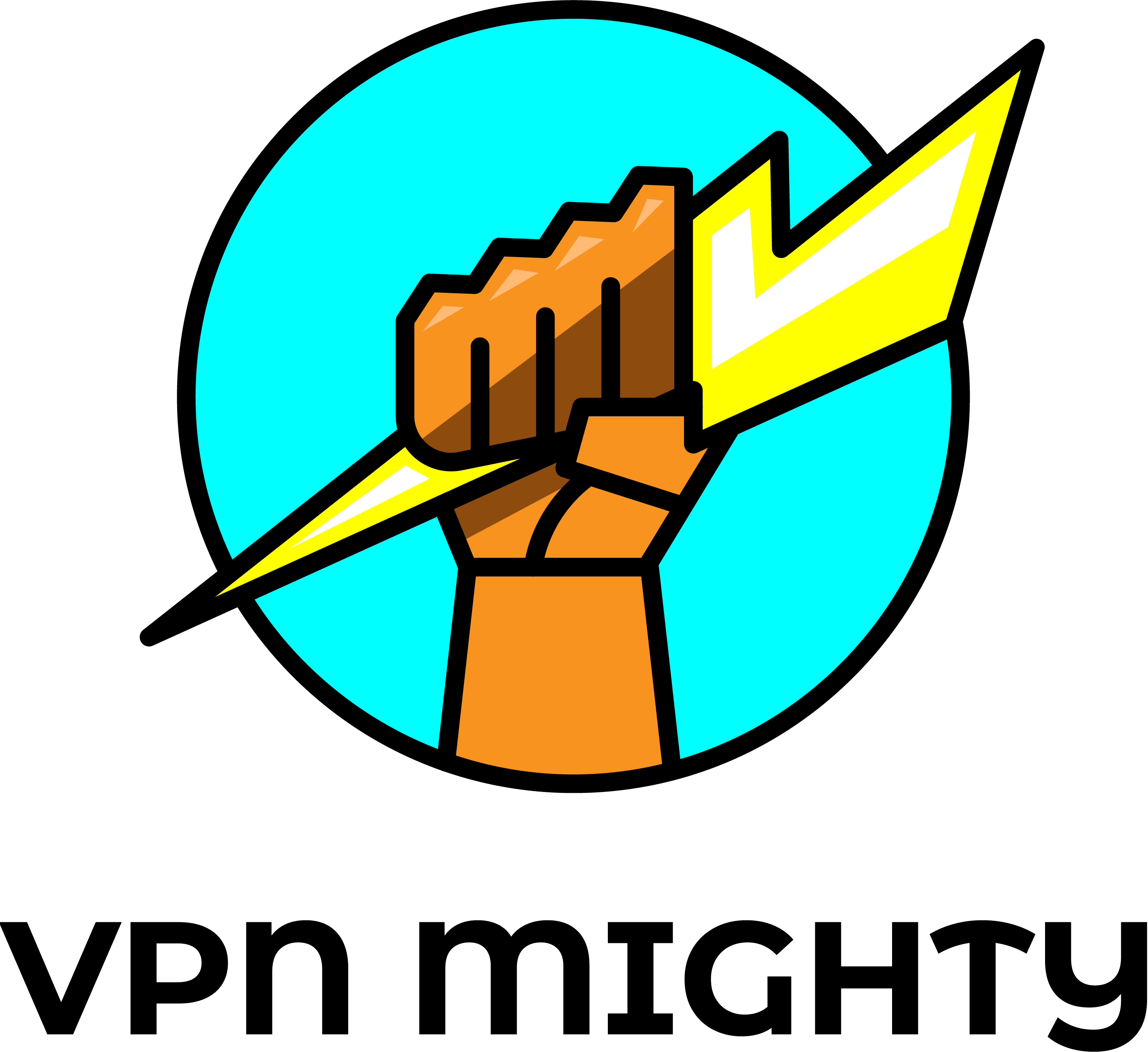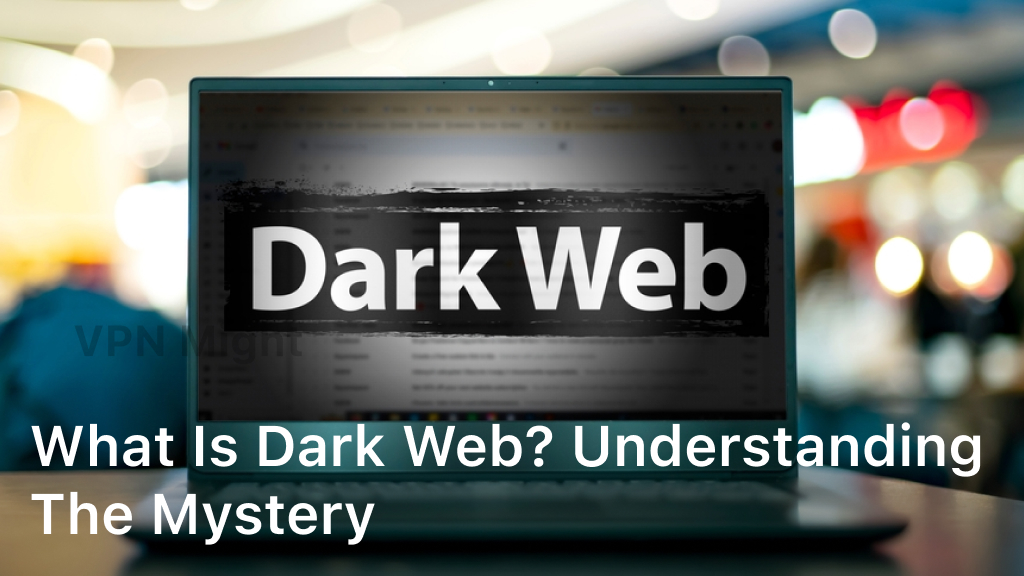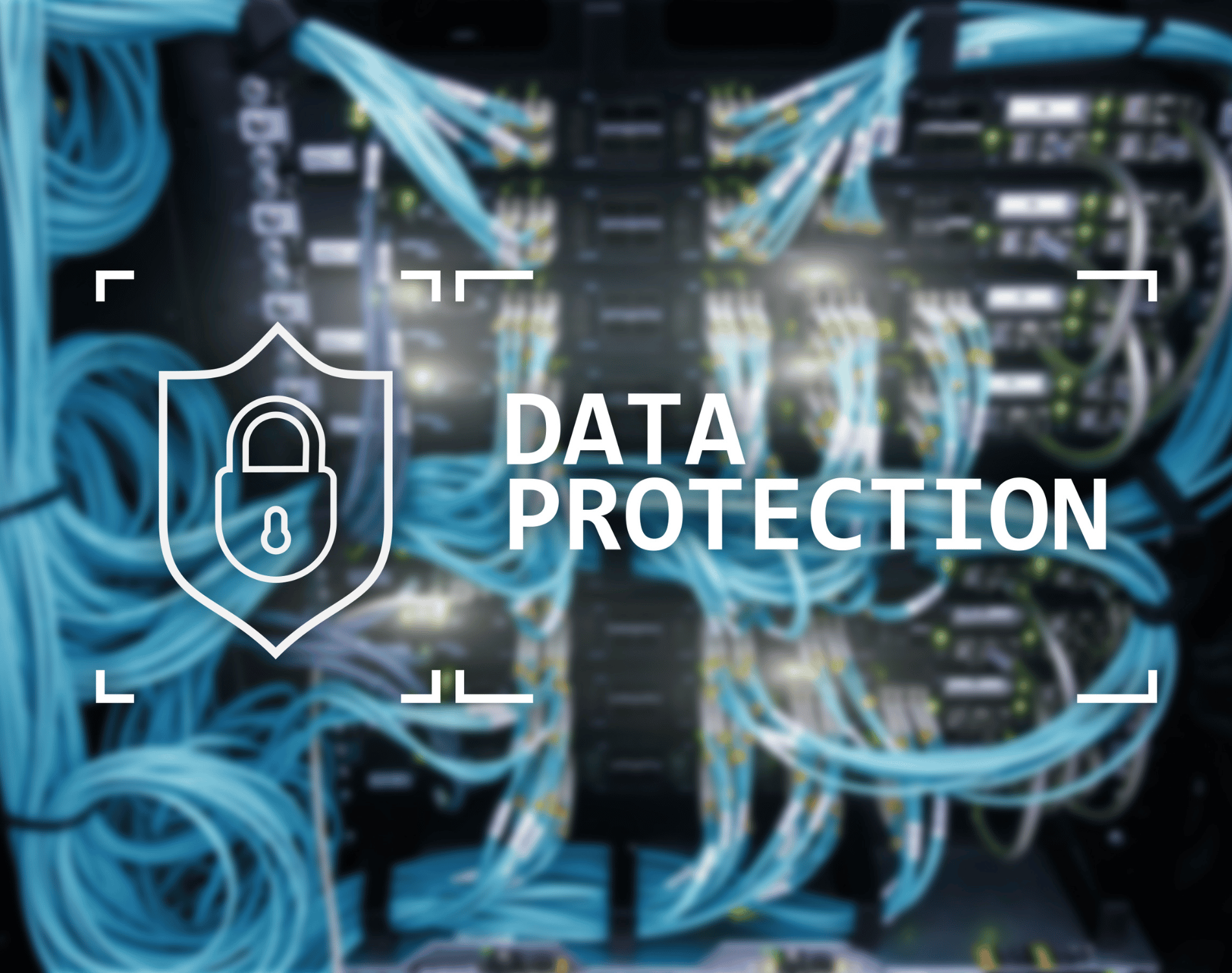What is Dark Web? Understanding the Mystery
Welcome to the enigmatic world of the dark web, a mysterious realm that has captivated the minds of many. In this section, we will shed light on the concept of the dark web and provide you with an understanding of its purpose. The dark web has long been shrouded in mystery, and we aim to demystify it for you. By the end of this section, you will have a clear understanding of what the dark web is and how it operates. We will explore the various layers of the internet, delve into the underlying technology that powers the dark web, and explain the difference between the dark web and the deep web. Understanding the dark web is crucial as it has garnered significant media attention for its association with illegal activities and cybercrime. There are, however, many legitimate and lawful reasons to access the dark web, which we will also explore. Keep reading to uncover the mystery of the dark web.
The Basics of the Internet and the Dark Web

Welcome to the world of the internet, where websites, social media, and other online platforms connect us all. The internet is composed of different layers, starting with the surface web, which is the part of the internet that we can access through search engines like Google or Bing. However, there are other layers that go beyond the surface web, and one of them is the dark web.
The dark web is a notorious section of the internet that is intentionally hidden from search engines, and can only be accessed through specific browsers. Some of the more well-known browsers include Tor, I2P, and Freenet. It is a mysterious network that houses a variety of illegal and legal activities, such as marketplaces for illegal drugs or weapons, but also chat rooms and forums for people interested in hacking or activism.
It’s important to distinguish between the dark web and the deep web; the latter refers to all the internet content that is not indexed by search engines. This may include private databases, academic research studies, or other information that is not publicly available. In contrast, the dark web is intentionally hidden, and often contains more illegal content.
So, what is it that drives people to access the dark web? And why is it considered so controversial? These are just some of the many questions that will be explored in the following sections, where we’ll dive deeper into the technology that fuels the dark web, its allure, perils, and law enforcement efforts.
The Underlying Technology: Tor and Encryption
The dark web relies on advanced technology to create a secure and anonymous browsing experience. One of the crucial technologies used is Tor (The Onion Router), which is an open-source browser that enables users to mask their IP addresses and surf the web anonymously. When a user accesses the dark web, the traffic is redirected through a series of encrypted nodes, making it nearly impossible to trace the user’s origin. This anonymity allows users to share information and communicate without fear of being tracked or monitored.
Encryption is another key technology used on the dark web. Data encryption is the process of converting plaintext data into an unreadable format that can only be deciphered by authorized parties with access to a decryption key. The use of encryption on the dark web makes it difficult for law enforcement agencies to monitor communications and prevent criminal activities. It also protects user data from being intercepted or stolen by cybercriminals.
Together, Tor and encryption are the backbone of the dark web, providing users with a secure and anonymous browsing experience. However, it’s important to understand that while these technologies provide some level of protection, they are not foolproof, and there are still risks associated with using the dark web.
Dark Web vs. Deep Web: Unveiling the Difference
Many people use the terms “dark web” and “deep web” interchangeably, but they are not the same thing. The deep web refers to all parts of the internet that are not indexed by search engines. This includes things like online banking portals, medical records, and private databases. These sites are not intentionally hidden; they are just not accessible through a regular web search.
The dark web, on the other hand, is a small portion of the deep web that is intentionally hidden and requires specific software or authorization to access. It is deliberately obscured from traditional search engines and is only reachable through specialized browsers like Tor.
The dark web is home to numerous illegal marketplaces where drugs, weapons, and other contraband can be bought and sold anonymously using cryptocurrency. It also serves as a hub for hackers and cybercriminals, who use it to trade stolen data and tools. In contrast, the deep web contains a range of legal and legitimate content that is protected for privacy or security reasons.
While the term “deep web” is not inherently negative, the “dark web” has a darker reputation due to illegal activities and anonymity it provides. It’s important to understand the difference between the two and proceed with caution when venturing into either realm of the web.
The Allure of the Dark Web: What Attracts Users?
The mysterious and forbidden nature of the dark web is a significant factor attracting users to this hidden area of the internet. The ability to remain anonymous while browsing and accessing content not readily available on the surface web adds to the intrigue.
The dark web is also known for providing access to illegal marketplaces, where drugs, weapons, and counterfeit goods are among the many items that can be bought and sold with anonymity. The allure of these marketplaces, for some, is too great to resist despite the inherent risks and dangers.
Moreover, individuals seeking access to restricted content such as banned books, government documents, or confidential information find solace in the anonymity and privacy offered by the dark web.
With a simple setup of the Tor browser and an internet connection, users can become immersed in an entirely different world filled with new and exciting possibilities. While the risks of the dark web cannot be ignored, its appeal to adventurous and curious individuals will continue to draw in new users.
The Perils of the Dark Web: Understanding the Risks
While the dark web presents opportunities for anonymity and exploration, it also comes with significant risks that users should be aware of.
The first peril to note is cybercrime. The anonymity of the dark web makes it easier for cybercriminals to engage in illegal activities such as hacking, phishing, and identity theft. Users who are not cautious can fall victim to various scams or malicious activities.
Another peril is exposure to disturbing content. The dark web is notorious for being home to websites that promote violence, hate speech, and other forms of extreme content. Users who accidentally come across such sites might face emotional distress or trauma.
Finally, there is the risk of law enforcement detection. While Tor and encryption protect user anonymity, investigations by law enforcement agencies have led to the arrest of numerous dark web users. Therefore, individuals accessing illegal content are putting themselves at risk of getting caught.
It is important to understand these risks and take necessary precautions to stay safe while interacting with the dark web. The use of reputable VPNs and antivirus software can help minimize risks associated with cybercrime, while avoiding illegal content altogether is the safest approach.
Law Enforcement and the Dark Web
The existence of criminal activities on the dark web has become a major concern for law enforcement agencies across the globe. From drug trafficking to human trafficking, the dark web has become a virtual haven for illegal activities that are becoming harder to track.
Law enforcement agencies have, however, made significant progress in recent years in reducing the prevalence of criminal activities on the dark web. By leveraging advanced technologies, tools, and techniques, law enforcement agencies have successfully dismantled some of the biggest dark web marketplaces and taken down several notorious criminal organizations.
For instance, in 2017, the US government launched Operation Bayonet, a successful joint operation by the FBI, DEA, and other law enforcement agencies that resulted in the takedown of two major dark web marketplaces, AlphaBay and Hansa Market. In another example, the FBI’s “Operation SaboTor,” launched in 2020, targeted opioid distributors on the dark web and resulted in the arrest of over 120 individuals and the seizure of more than $20 million in cash and crypto assets.
While the dark web continues to be an attractive hub for criminal activities, the determined efforts of law enforcement agencies worldwide are making it a riskier and more challenging space for wrongdoers.
Conclusion
As we conclude our exploration of the dark web, it is crucial to understand that it is a highly mysterious and potentially dangerous aspect of the internet. While it offers anonymity and access to restricted content, it also poses significant risks, including exposure to crime, identity theft, and disturbing content.
Therefore, it is essential to exercise caution and be well-informed before interacting with the dark web. By understanding the underlying technology, the difference between the dark and deep web, and the perils associated with it, individuals can navigate this hidden sector of the internet more responsibly.
Furthermore, law enforcement agencies are working tirelessly to combat criminal activities on the dark web. It is reassuring to know that progress is being made, and there have been notable success stories.
Overall, the dark web remains an enigma, and it is crucial to approach it with caution and responsibility. By doing so, we can enjoy its benefits while avoiding the potential risks and dangers that may lurk within it.
FAQ
What is the dark web?
The dark web refers to a part of the internet that is not indexed by search engines and requires special software to access. It is known for its anonymity and the presence of illicit activities.
How is the dark web different from the surface web?
The surface web, which is what most people use on a daily basis, can be accessed through search engines like Google. The dark web, on the other hand, requires specific software like Tor to access and is not readily visible to the general public.
What is Tor and how does it relate to the dark web?
Tor is short for The Onion Router, which is a network that allows users to browse the internet anonymously. It is commonly used to access the dark web, as it helps to mask IP addresses and maintain privacy.
Is it legal to access the dark web?
Accessing the dark web itself is not illegal, but it is important to note that many illegal activities take place there. Engaging in criminal or unethical activities on the dark web is illegal and can lead to serious consequences.
What kind of content can be found on the dark web?
The dark web hosts a wide range of content, including illegal marketplaces for drugs, weapons, and stolen data. It is also a breeding ground for cybercrime, hacking forums, and sites promoting fraud and identity theft. However, it is important to remember that not all content on the dark web is illegal or malicious.
How can I protect myself when accessing the dark web?
When accessing the dark web, it is crucial to prioritize your online safety. This includes using a secure browser like Tor, avoiding sharing personal information, and being cautious when interacting with unknown individuals or websites. It is also a good idea to use a virtual private network (VPN) to further enhance your privacy and security.




